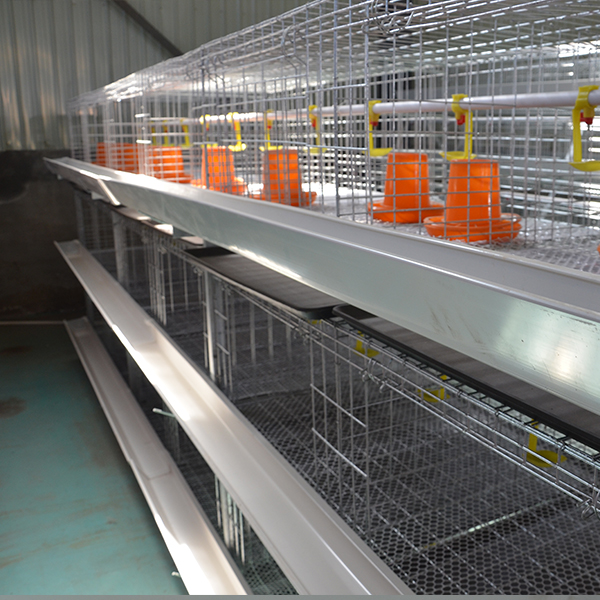Animal Feed Pellet Production Equipment for Efficient Livestock Nutrition Solutions
Aug . 19, 2024 03:28 Back to list
Animal Feed Pellet Production Equipment for Efficient Livestock Nutrition Solutions
The Importance of Pellet Making Machines for Animal Feed
In the agricultural and livestock industries, the efficiency and quality of animal feed play a critical role in the overall productivity and health of livestock. One of the most innovative advancements in this area is the development of pellet making machines. These machines are designed to compress feed ingredients into small, compact pellets, offering numerous benefits for farmers and animal producers.
Understanding Pellet Making Machines
Pellet making machines are specialized equipment used to produce pellets from various raw materials, including grains, forage, and other feed components. The process involves grinding the raw materials into a fine powder, mixing them with additives, and then using high pressure and temperature to form pellets. The end product is a uniform, dense pellet that is easier to store, transport, and feed to livestock.
Benefits of Pelletized Feed
1. Improved Nutritional Value Pellets can be formulated to include a balanced mix of nutrients essential for the growth and health of animals. By compressing various ingredients, pellet making machines help in better digestion and absorption of nutrients by livestock. The high density of pellets means that they contain more nutritional value per unit volume compared to loose feed.
2. Reduced Feed Wastage Traditional feed often results in significant waste, as animals may sort through and discard less palatable items. Pellets eliminate this issue, as the uniform shape and size ensure that animals consume the entire pellet, thus minimizing feed wastage and optimizing feeding costs.
pellet making machine for animal feed

3. Enhanced Palatability The process of making pellets increases the palatability of animal feed. By incorporating flavors and binding agents during production, farmers can create pellets that are more appealing to animals, which helps in improving feed intake.
4. Easier Handling and Storage Pellets are compact and can be stored in smaller spaces compared to loose feed. Additionally, their durability means they are less prone to spoilage, mold, and dust, ensuring that the feed maintains its quality over time.
5. Biosecurity Benefits In the context of livestock farming, biosecurity is critical. Pellets help minimize the risk of contamination since the manufacturing process can be tightly controlled. Furthermore, the reduced dust associated with pellets lowers the risk of respiratory issues for both animals and handlers.
6. Customization Options Pellet making machines allow producers to tailor the feed to specific animal needs. Whether for poultry, cattle, or other livestock, additives can be included to promote growth, improve health, or enhance reproductive performance, providing a customized feeding solution.
Conclusion
The introduction of pellet making machines has revolutionized the way animal feed is produced and consumed. With their ability to create high-quality, nutritious, and palatable pellets, these machines are indispensable tools for livestock producers worldwide. As the demand for efficient and sustainable farming practices continues to grow, pellet making machines will play a crucial role in supporting the agricultural industry, enhancing animal health, and improving overall productivity. Investing in such technology not only benefits individual farmers but also contributes to the broader goal of food security and sustainable agriculture.
-
Hot Sale 24 & 18 Door Rabbit Cages - Premium Breeding Solutions
NewsJul.25,2025
-
Automatic Feeding Line System Pan Feeder Nipple Drinker - Anping County Yize Metal Products Co., Ltd.
NewsJul.21,2025
-
Automatic Feeding Line System Pan Feeder Nipple Drinker - Anping County Yize Metal Products Co., Ltd.
NewsJul.21,2025
-
Automatic Feeding Line System - Anping Yize | Precision & Nipple
NewsJul.21,2025
-
Automatic Feeding Line System - Anping Yize | Precision & Nipple
NewsJul.21,2025
-
Automatic Feeding Line System-Anping County Yize Metal Products Co., Ltd.|Efficient Feed Distribution&Customized Animal Farming Solutions
NewsJul.21,2025






